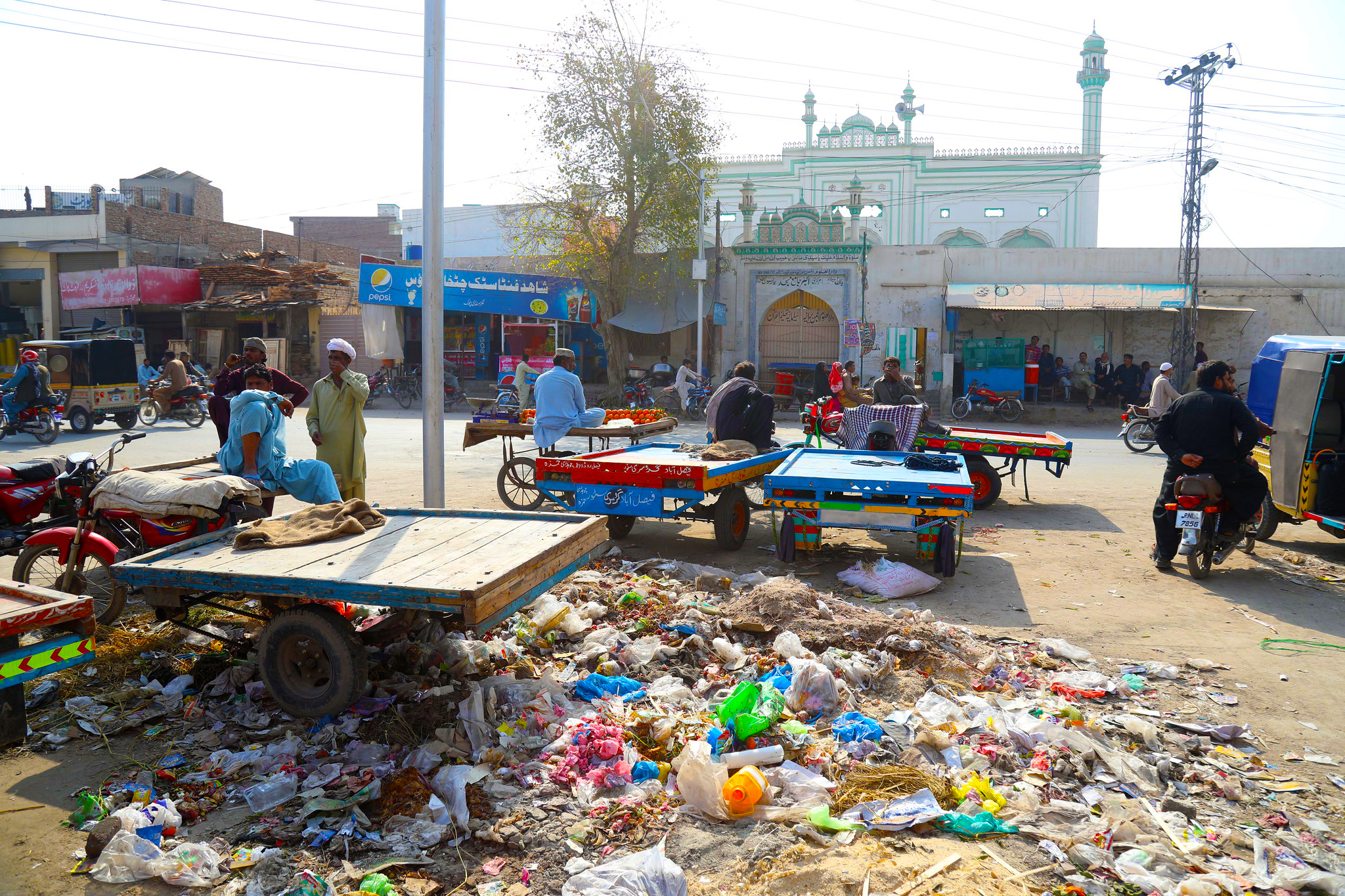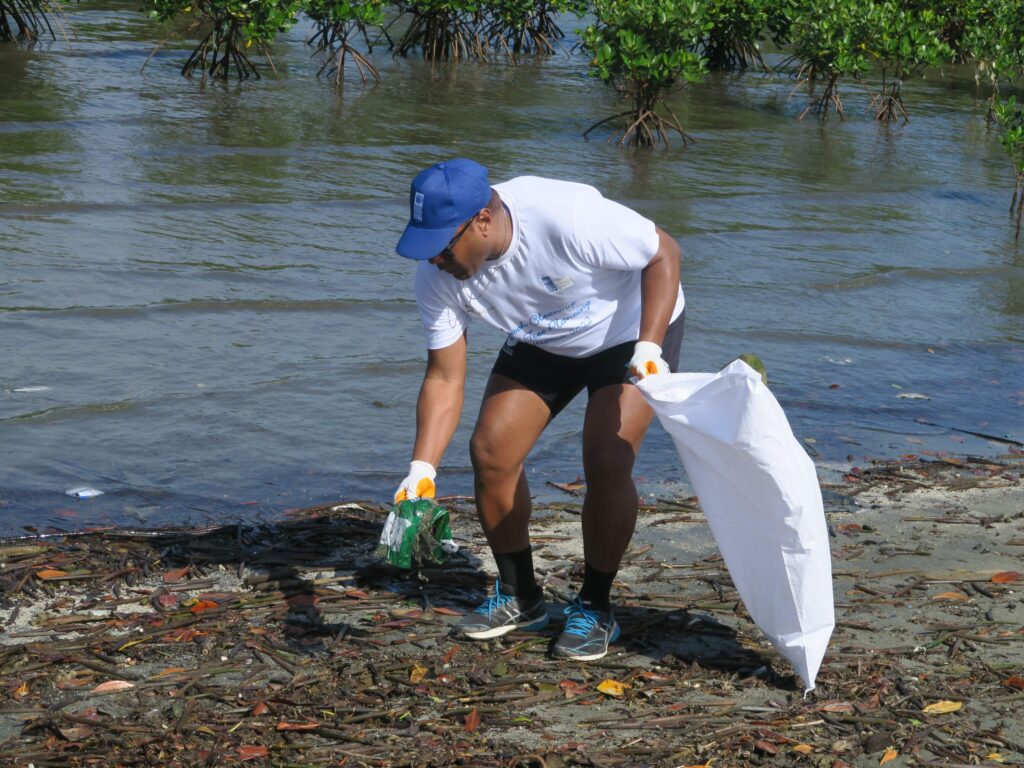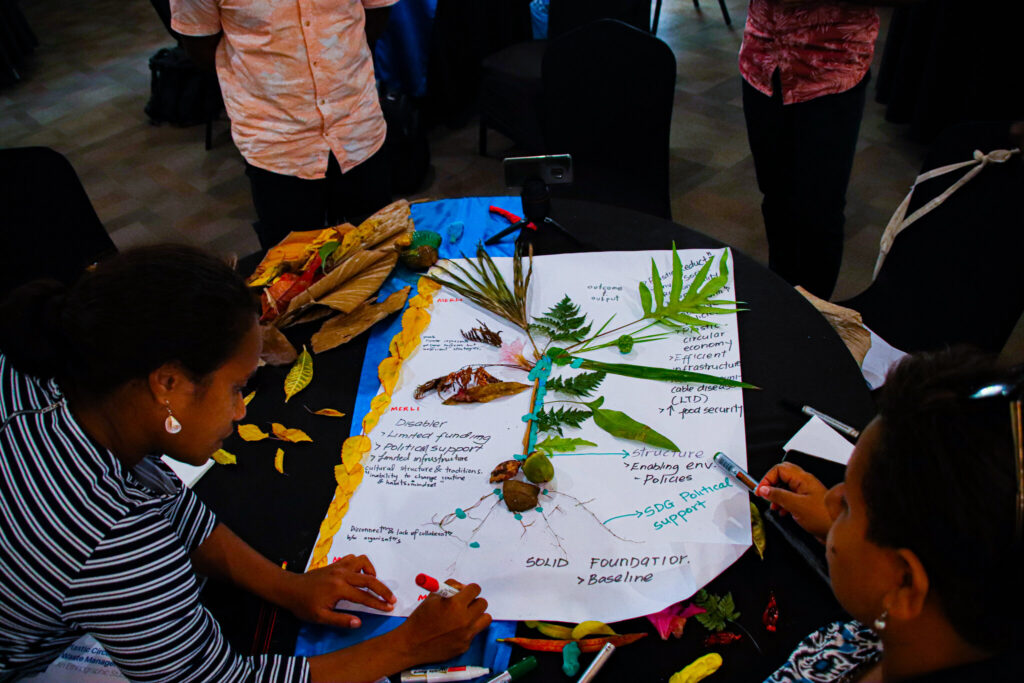
Training and Workshops for a Plastic-Free Future
Introduction:
Plastic pollution has become one of the most pressing environmental issues of our time. With millions of tons of plastic waste entering the oceans and landfills each year, its impact on ecosystems, wildlife, and human health is devastating. To address this problem, it is essential to empower individuals and communities with the knowledge and tools to transition to a plastic-free future. This paper will explore the significance of training and workshops in creating awareness, educating, and empowering individuals to bring about positive change.
Creating Awareness:
One of the primary goals of training and workshops is to create awareness about the magnitude of plastic pollution and its implications. Many people are unaware of the adverse effects of plastic on the environment and its long-lasting presence in ecosystems. By organizing awareness programs, we can educate individuals about the challenges posed by plastic pollution and provide insights into its global impacts. These programs can also highlight the importance of reducing plastic consumption and shifting towards sustainable alternatives.
Educating Individuals:
Training and workshops play a crucial role in educating individuals about plastic-free alternatives and sustainable practices. They provide a platform for imparting knowledge on various topics such as recycling, waste management, and responsible consumption. Through interactive sessions, participants can learn about the different types of single-use plastics, their alternatives, and their impact on the environment. By fostering a deeper understanding of these issues, individuals can make informed choices and take steps towards reducing their plastic footprint.
Empowering Communities:
Training and workshops not only educate individuals but also empower communities to take collective action against plastic pollution. By involving local organizations, schools, and businesses, these programs can create a sense of ownership and responsibility among participants. They can serve as a catalyst for change by encouraging individuals to organize community-based initiatives, such as beach clean-ups or plastic-free campaigns. By working together, communities can create a network of support, knowledge-sharing, and effective implementation of sustainable practices.

Hands-on Learning:
Training and workshops provide participants with hands-on learning experiences, which are vital for understanding and adopting plastic-free alternatives. For instance, workshops can focus on teaching individuals how to make DIY products like shampoo bars, reusable shopping bags, or beeswax wraps. By actively engaging participants in practical activities, they can directly experience the benefits and feasibility of transitioning to a plastic-free lifestyle. With this experiential learning approach, individuals are more likely to adopt and promote sustainable practices in their daily lives.
Addressing Challenges:
The journey toward a plastic-free future is not without challenges. People may face barriers such as lack of access to alternatives, limited knowledge, or resistance to change. Training and workshops can address these challenges by providing solutions, resources, and support. For example, participants can learn about local zero-waste stores, sustainable initiatives, and effective communication strategies to engage others in the movement. Additionally, these programs can also address policy changes and advocate for legislation that promotes a plastic-free environment.

Conclusion:
Training and workshops are essential tools in creating awareness, educating individuals, and empowering communities to bring about a plastic-free future. By organizing programs that foster understanding, provide practical learning experiences, and address barriers, we can collectively work towards reducing plastic pollution. Empowering individuals with knowledge and skills enables them to make conscious choices and influence others to adopt sustainable practices. With concerted efforts, we can create a world where plastic pollution is no longer a threat to our environment and future generations.
All Categories
- Agricultural Methods
- Agriculture and Women Small Farmers Rights Awareness
- Climate Change
- Disable and Human Rights
- Disable Jobs
- Donation
- Education
- Health Issues
- Organic Foods
- Organic Vegetables
- Orphans Children
- Plastic production and disposal
- Services
- Sinking in Scarcity
- Success Stories
- Uncategorized
- Waste Management
- Women Rights
- Youth Empowerment




